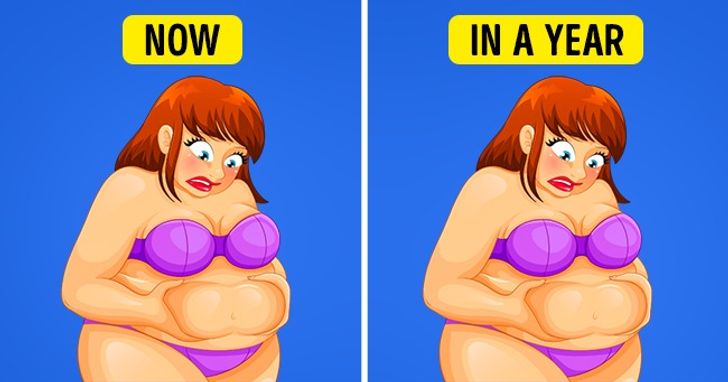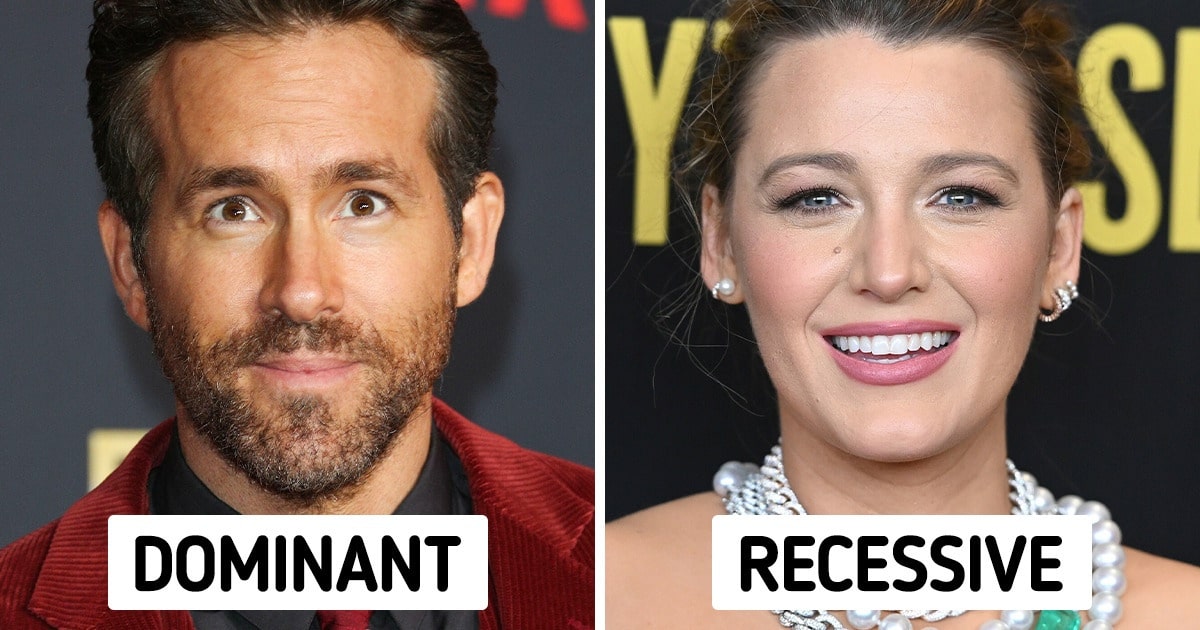Losing weight can be a challenging process, with countless diet trends, fads, and conflicting advice swirling around online. Yet, amid the noise, professional dietitians offer evidence-based guidance that can truly transform your weight loss journey. In this article, we reveal 8 Things Dietitians Want You to Know Before Losing Weight. By understanding these expert insights, you can make informed decisions, avoid common pitfalls, and set yourself up for long-term success.
Integrating these trends with practical advice from professionals can optimize your health and maximize your ad revenue if you’re running a blog or website. Let’s dive into these essential points that every weight loss enthusiast should know.
Dietician Tips For Weight Loss
Are You Tracking The Calories?
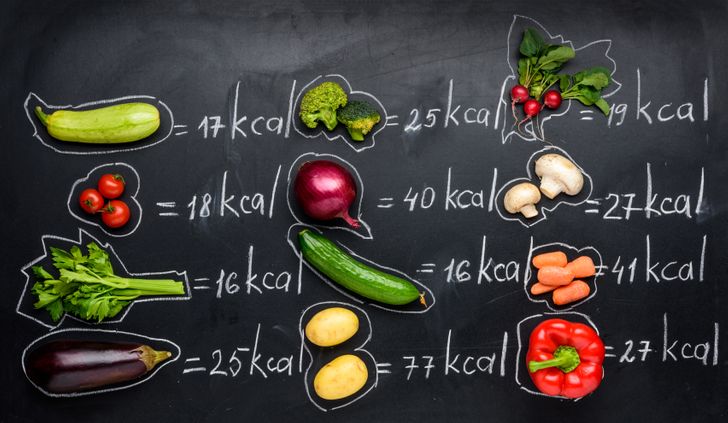
Mastering Calorie Counting for Effective Weight Loss
One of the most fundamental aspects of weight loss is understanding the balance between calories consumed and calories expended. Many people underestimate the importance of tracking their calorie intake, leading to unexpected plateaus and slower progress.
Actionable Tip:
Start by keeping a food diary for a week. Write down everything you eat and drink. This simple exercise can reveal patterns and areas for improvement, paving the way for smarter dietary choices.
Why It Matters:
Calorie tracking is not just about restriction—it’s about awareness. By monitoring your calorie intake, you can make informed choices about portion sizes and food quality. Numerous studies have shown that calorie counting can lead to a better understanding of your eating habits, ultimately resulting in more effective weight management.
Expert Insight:
Dietitians often recommend using apps like MyFitnessPal or Lose It! to keep a daily log of your meals. These tools offer detailed nutritional breakdowns and help you stay within your target calorie range.
Don’t Follow the Herd: Trust Science Over Fads
Avoiding Trendy Diets That Lack Long-Term Results
Every year, new diets capture public attention—from keto and paleo to intermittent fasting and beyond. While some trends have merit, blindly following popular diets without considering your unique needs can be counterproductive.
Actionable Tip:
Consult a registered dietitian or nutritionist to help design a personalized diet plan. This professional guidance ensures that you’re not only following a trendy diet but also making choices that support your long-term health goals.
Why It Matters:
The appeal of a “miracle” diet is strong, but what works for one person may not work for another. Dietitians emphasize that sustainable weight loss comes from a balanced, individualized approach rather than one-size-fits-all solutions.
Expert Insight:
According to research highlighted by Harvard Health Publishing, personalized nutrition—tailored to your body’s specific needs—can improve adherence and long-term success. It’s crucial to assess your health history, lifestyle, and preferences before diving into any popular diet.
Choose Your Diet Wisely: Personalized Nutrition Is Key
Finding the Right Diet Plan for Your Body and Lifestyle
With countless diet plans available—from low-carb and Mediterranean to plant-based and vegan—choosing the right one for your unique physiology and lifestyle is essential.
Actionable Tip:
Research several diet plans and consider their long-term sustainability. Ask yourself: Can I see myself following this lifestyle for years to come? Choose a plan that not only promotes weight loss but also enhances your overall well-being.
Why It Matters:
Not every diet will work for every individual. Your body’s metabolic rate, activity level, and genetic makeup all play a role in determining the most effective approach. Dietitians stress that customization is critical for sustained success.
Expert Insight:
Studies published on WebMD suggest that diets focusing on whole foods, lean proteins, and healthy fats tend to yield better results over time. When selecting a diet, look for one that is not overly restrictive and that offers a balanced variety of nutrients.
Liposuction Is Not the Solution for Sustainable Weight Loss
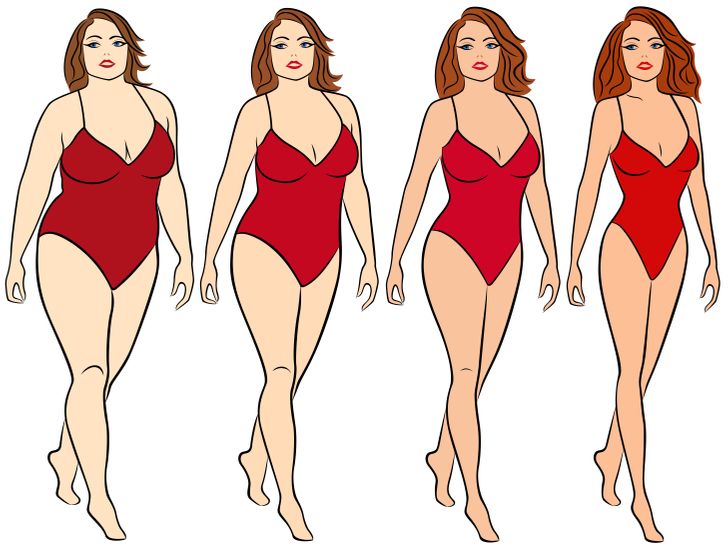
Understanding the Limits of Cosmetic Procedures
While liposuction can remove fat deposits from specific areas, it is not a substitute for a healthy lifestyle and is not designed to produce overall weight loss.
Actionable Tip:
If you’re considering liposuction, first explore natural weight loss methods through a balanced diet and exercise. Prioritize long-term health improvements over short-term cosmetic fixes.
Why It Matters:
Liposuction is a cosmetic procedure that targets fat removal rather than addressing the root causes of weight gain. Dietitians emphasize that sustainable weight loss is best achieved through a combination of proper nutrition and regular physical activity.
Expert Insight:
The American Society of Plastic Surgeons points out that liposuction does not improve metabolic health or prevent future fat accumulation. It is a tool for contouring rather than a weight loss solution.
Not All Fats Are Making You Fat: Embrace Healthy Fats

Differentiating Between Good and Bad Fats
There is a common misconception that all fats lead to weight gain. In reality, some fats are essential for optimal health and can even aid in weight loss when included in a balanced diet.
Actionable Tip:
Replace saturated and trans fats with sources of unsaturated fats. Incorporate a variety of healthy fats into your meals, such as a drizzle of olive oil over salads or a handful of almonds as a snack, to support both weight loss and overall wellness.
Why It Matters:
Healthy fats, such as those found in avocados, nuts, seeds, and olive oil, are vital for brain function, hormone production, and the absorption of vitamins. Eliminating all fats can be detrimental to your overall health.
Expert Insight:
According to Healthline, incorporating unsaturated fats into your diet can improve cholesterol levels and support heart health. Dietitians recommend focusing on moderation and quality rather than complete avoidance.
Pay Attention to the Medications You Are Taking: Hidden Weight Loss Barriers

How Medications Can Influence Your Weight
Certain medications can inadvertently contribute to weight gain, making your weight loss journey more challenging. Being aware of these potential side effects is crucial.
Actionable Tip:
If you suspect your medication might be affecting your weight, schedule a consultation with your doctor. Understanding the impact of your prescriptions can help you develop a comprehensive weight loss plan that considers all contributing factors.
Why It Matters:
Some prescription drugs, including antidepressants, corticosteroids, and medications for diabetes or high blood pressure, may slow your metabolism or increase appetite. Recognizing these factors can help you adjust your weight loss strategies accordingly.
Expert Insight:
The Mayo Clinic advises patients to discuss any concerns about weight gain with their healthcare provider. In some cases, alternative medications or dosage adjustments may be available.
Understand the Difference: Fast Weight Loss, Fat Loss, and the Power of Fiber
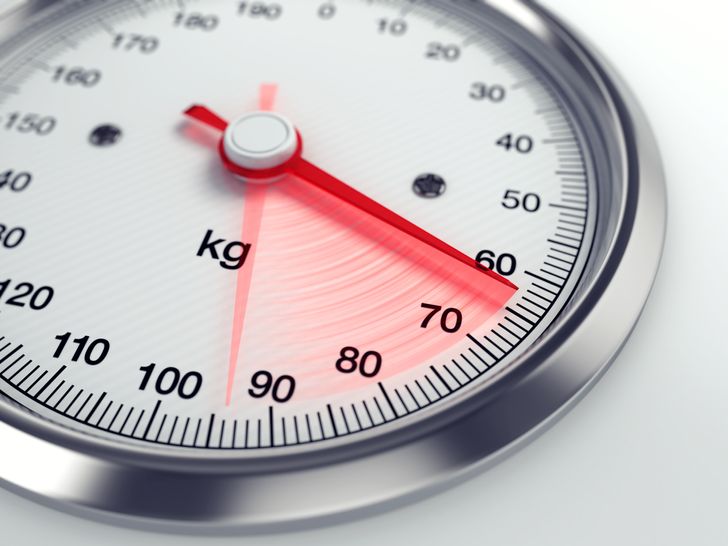
Distinguishing Quick Weight Loss from True Fat Loss
Many people are drawn to promises of fast weight loss, but rapid results can be misleading. True fat loss involves a gradual process that emphasizes long-term changes in diet and lifestyle. An often-overlooked component in this process is fiber.
Actionable Tip:
Boost your fiber intake gradually by adding foods like berries, leafy greens, beans, and whole grains to your diet. This not only supports digestion but also helps maintain steady energy levels and curbs overeating.
Why It Matters:
Fast weight loss typically results in water loss or muscle depletion rather than significant fat reduction. Additionally, diets lacking in fiber can compromise digestive health and leave you feeling unsatisfied. Fiber-rich foods help promote fullness, regulate blood sugar, and improve overall digestion.
Expert Insight:
Research shared by Harvard Health Publishing shows that a diet high in fiber is linked to lower body weight and a reduced risk of chronic diseases. The inclusion of fruits, vegetables, whole grains, and legumes in your meals can aid in long-term fat loss while maintaining overall health.
Bringing It All Together: A Holistic Approach to Weight Loss

Achieving sustainable weight loss involves more than following a strict diet or chasing quick fixes. It’s about understanding the nuances of nutrition, listening to your body, and making informed choices based on evidence rather than trends. Here’s a quick recap of the 8 key insights dietitians want you to know before embarking on your weight loss journey:
- Calorie Tracking: Monitoring your calorie intake is crucial for understanding and managing your overall food consumption.
- Avoiding Fads: Trust science and personalized nutrition instead of following trendy diets that may not suit your body.
- Personalized Diet Plans: Choose a diet that aligns with your individual needs and lifestyle for long-term success.
- Mindful Eating: Learn to distinguish true hunger from emotional eating to avoid unnecessary calorie consumption.
- Sustainable Solutions Over Cosmetic Fixes: Recognize that procedures like liposuction are not substitutes for healthy lifestyle changes.
- Healthy Fats Matter: Embrace good fats that are essential for your body’s functions instead of avoiding all fats.
- Medication Awareness: Be informed about how your medications might influence your weight and adjust your approach accordingly.
- True Fat Loss vs. Fast Weight Loss: Focus on gradual, sustainable fat loss supported by a fiber-rich diet rather than chasing rapid results.
By integrating these strategies into your daily routine, you can create a balanced, sustainable approach to weight loss that emphasizes overall well-being over short-term fixes. For more in-depth advice, consider exploring trusted resources such as Mayo Clinic, Harvard Health Publishing, and Healthline.
Remember, successful weight loss is not about perfection—it’s about progress. Each step you take toward understanding your body and making informed nutritional choices is a step closer to a healthier, happier you. Stay committed, be patient, and allow science-backed insights to guide your journey.
Happy healthy eating and sustained weight loss!
